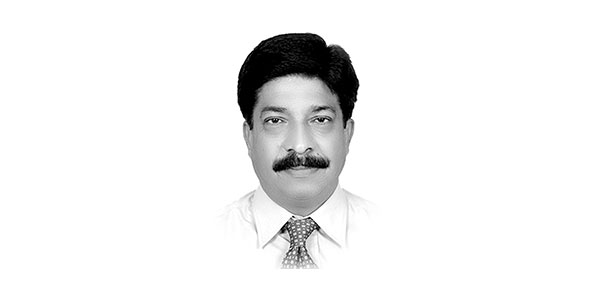Threats to journalism from populism
However, populism, it seems, also compels political parties and leaders to align their agendas more closely to popular opinion and may also serve as a wake-up call to the powerful elite and establishment.
At the same time, the relationship between populist communicators and the media has typically been thorny and strained.
Populist leaders mostly receive massive coverage in the mainstream press, and the news media houses are typically portrayed by populist actors as part of the “corrupt” elite, ironically, on the other hand, these populist actors are too much addicted to the “steroids of publicity” that the news media can provide.
The news media are very crucial in disseminating their messages and enhancing their visibility and legitimacy.
Journalists have been vital in many instances by playing a major role in the making of populist leaders during their formative phases.
But unfortunately, journalists, with the exception of a select few who actually join the communication teams of these populist leaders, are always on the receiving end.
The populist impulse affects a big chunk of the public which makes it quite difficult for the legacy media to have a balanced coverage because of the pressure from the populist leaders.
But this thing also inversely gives the impression that a populist impulse is more substantial than in fact it is.
The problem is further complicated when the ideas launched by some populist leaders go beyond the acceptable limits of liberal democracy.
If the media tries to ignore or repudiate these ideas, then there are high chances that the media will face allegations of elite bias and corruption.
However, some populist actors have systematically targeted most of the media as fake, lying or unfair.
That’s a challenge for journalists. There’s reason to think that journalist-bashing by politicians has very negative effects on the followers of these populist leaders who have resorted to the use of violence against dissenting journalists.
Populist politicians don’t trust the media. They believe that the press is prejudiced and not being a true representative of society.
Populist leaders like Donald Trump, Bolsonaro and Imran Khan either don’t comprehend, or don’t care about, is that their own offensive actions against a journalist directly encourage the “fanatic devotees” to take it a step further.
One day a political leader attacks the media, and the next day journalists are not merely getting critiques, they’re getting death threats.
A disproportionate number of those threats are aimed at female journalists, who experience sexualized abuse, gender-related threats and gutter-bottom behavior.
There are no clean hands when it comes to tolerating this abusive, sexist, and gutter-bottom behavior towards female journalists.
Social media platforms have some mechanisms in place for moderating hate messages, but the fact is that a lot of female journalists keep on getting highly obnoxious and personal attacks.
The block button is one option but it is not a substitute for quashing the haters down. But the truly revolting players in these acts of cyber-misogyny are populist politicians.
A survey quoted in The Guardian showed that 40pc of these hate attacks are triggered by the words of politicians.
There is no doubt that the intense language used by populist politicians works as an instigating tool for some of their sketchier followers to cross the line into violence.
Trump has used this tactic many times in the past and is still using it to put pressure on his critiques in the media.
Violence was even a feature of Trump rallies for a time, where he once said about a heckler, “I’d like to punch him in the face. ”
General public has little understanding of populism and might see it as a freshness or, in its malignant form, as a benign entity.
Rodrigo Duterte, the former President of the Philippines, has publicly broached the subject that journalists are not immune from assassination.
Similarly, Trump routinely attacked specific journalists, including female media members, and told his followers that the press was the “enemy of the people.
” He tutored and influenced his followers to loathe not only factual information, but the people (journalists) who bring it to America’s television screens and newspapers.
Contemporary communication, particularly emanating from the populist camps, is thickly laced with misinformation and disinformation in most of the cases.
It is always cumbersome to effectively muffle or correct false information. Much of it leaves permanent stains even when the correction is almost instant.
But corrections of populist-originated disinformation, as we have seen in many cases, is fraught with many dangers and perils for the journalistic fraternity, and at the same time, it also keeps nurturing the narcissist obsession of these populist politicians to remain under the limelight permanently, who thrive on such theatricals.
Yet, as with the other challenges, the rise of populist politics poses very serious challenges for journalists and legacy media.
—Concluded.
—The writer is political analyst, based in Karachi.










